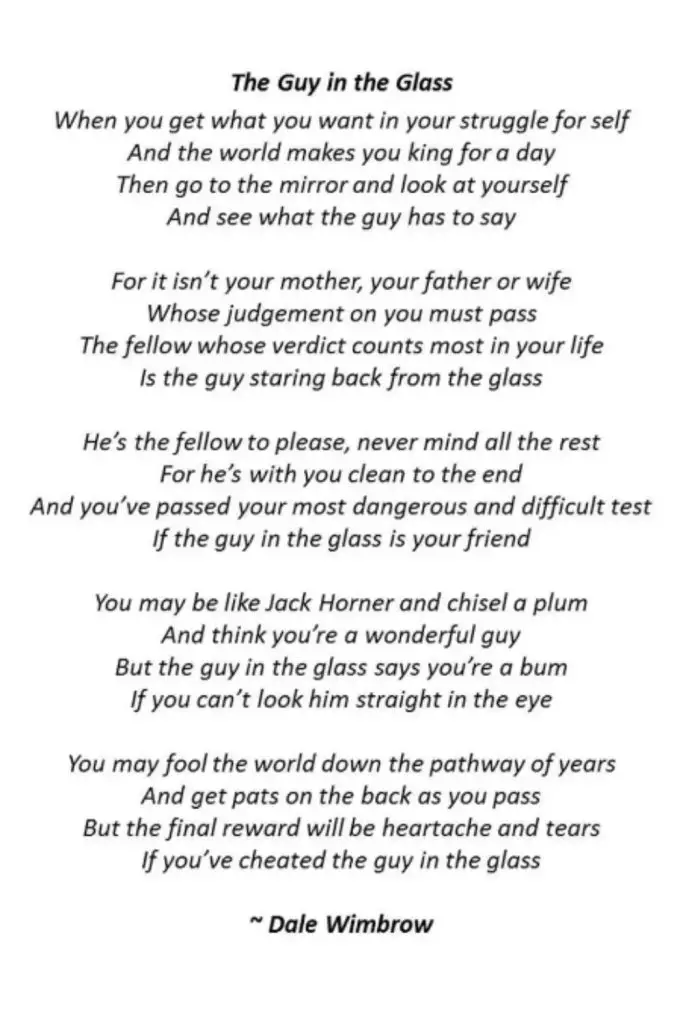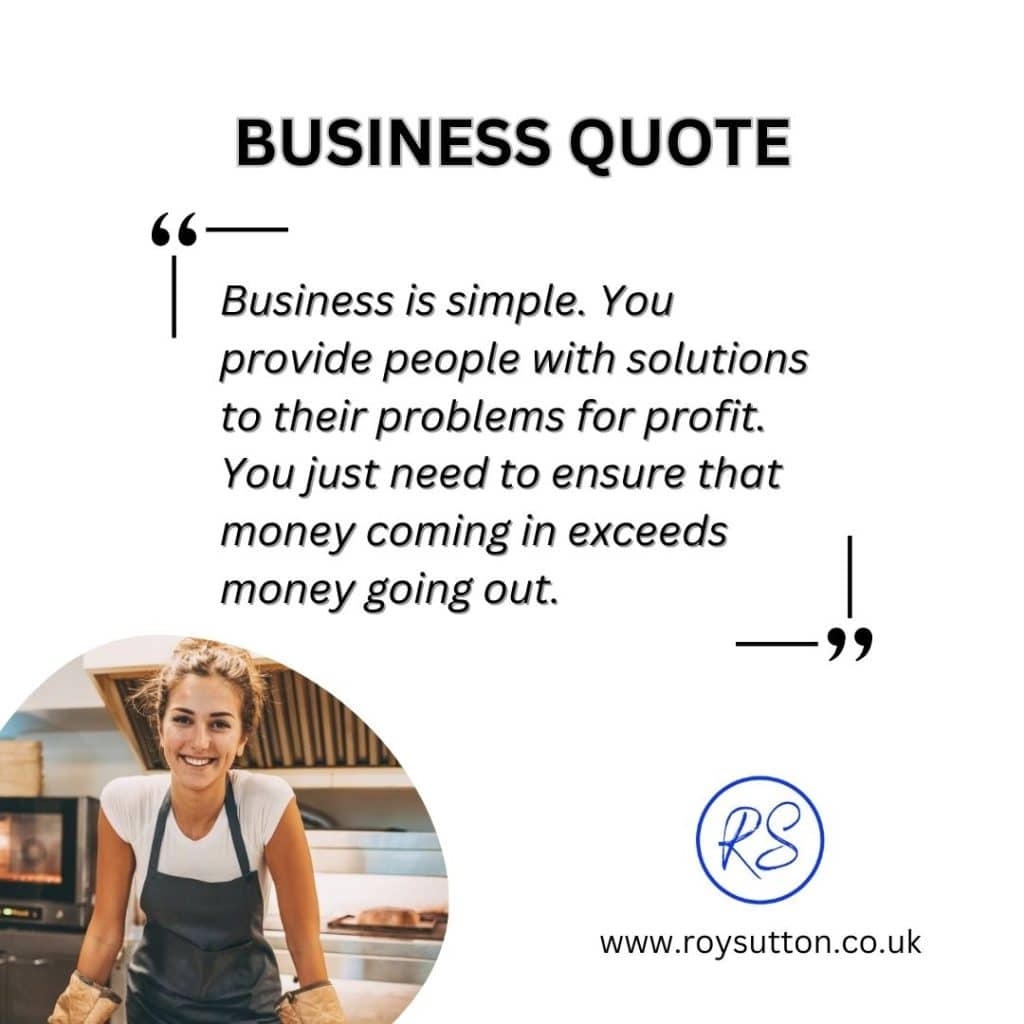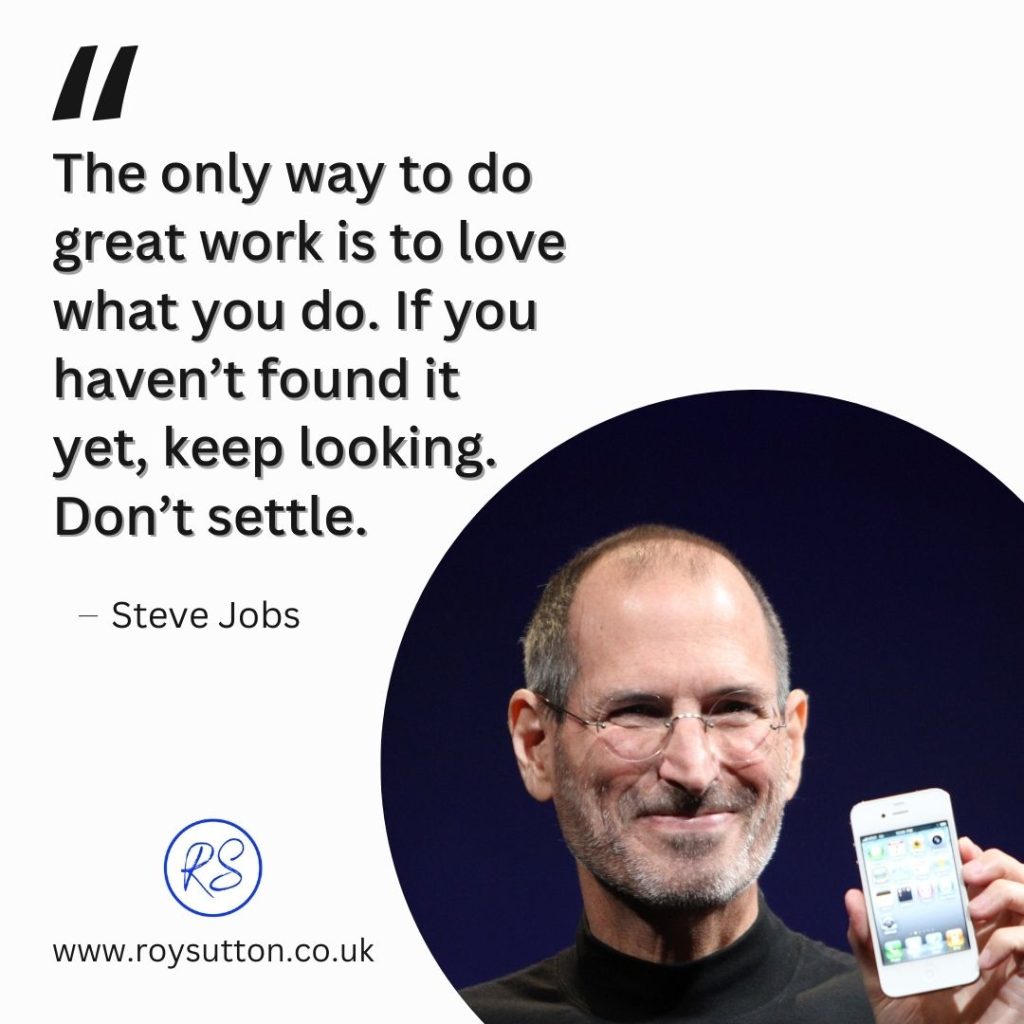
Inspirational stories can be so uplifting. Their message always says, “If other people can be successful, then you can too.“
Did you have a tough start in life?
Then perhaps you feel that your difficult past will prevent you from enjoying a successful future.
Well, let me tell you, a tough past doesn’t mean you’re doomed to a tough future.
A friend of mine had a very difficult start in life, and yet he’s now a millionaire. People do succeed, and so can you.
The past is the past, of course, and it can’t be changed. It serves only as a series of lessons to be learned. Remember, the past was simply part of your education. It was not a life sentence.
The future is different. The future has yet to be written, and the good news is, you’ve got the pen.
You can create any future you want, as long as you’re determined, focused, and prepared to put in plenty of hard work. You won’t get anywhere without those ingredients, I’m afraid.
Nevertheless, in the future there will be a constant stream of opportunities to be seized, just waiting for the fleet-footed and enterprising to grab and exploit them. One person’s problem is another person’s opportunity to provide a solution for a profit.
Success can be yours if you’re prepared to make the effort and take a few calculated risks.
Don’t just accept my word for it; look around for people who’ve done it.
There are plenty of inspirational stories if you’ll just look for them. Today I offer you a video with 25 inspirational stories. It’s well worth a few minutes of your time.
25 Inspirational Stories:
In the video included here, there are 25 excellent examples of people who had a tough start in life but went on to enjoy considerable financial success.
These are all inspirational stories of people going from rags to riches. And if they can do it, why not you?
And remember this: you’re never too old.
Colonel Sanders started KFC at the grand old age of 65.
And Ray Kroc began building the business empire we now know as McDonald’s at 52.
Believe you can and you will.
Please share this post on social media:
Did you find this post and the video interesting? If so, then please share it on social media with your friends.
When you share, everyone wins.
So go on, please share this blog post now. If you do, I will be ever so grateful, and you’ll be helping a keen blogger reach a wider audience.
Thank you for your support.

Other articles you might also find interesting:
- 7 tips for becoming your best self
- 11 tips for improving quality of life now
- What is life’s most precious resource?
- Daily Habits of Successful People
- How to find the right job for you: Simply Explained
- How to spot a liar and be your own lie detector
- Self-promotion and why it matters if you want success
- 21 things you need to know in life to avoid its pitfalls
- 9 tips for getting the most from your work
- How to sell anything to anybody
- Wealth Creation Strategies
- Brian Tracy: Habits of Success
- Why enjoying yourself can never be a waste of time
- Why passion is the key to success
- The importance of friends to our lives
- How to deal with criticism in the workplace
- The secret to happiness
© Mann Island Media Limited 2024. All rights reserved.



























